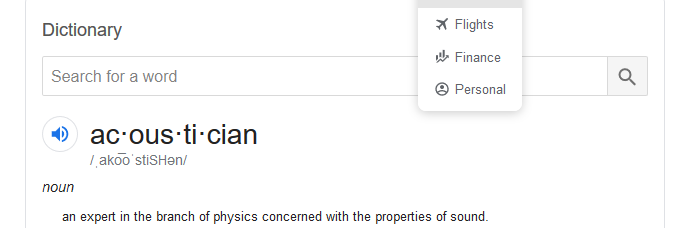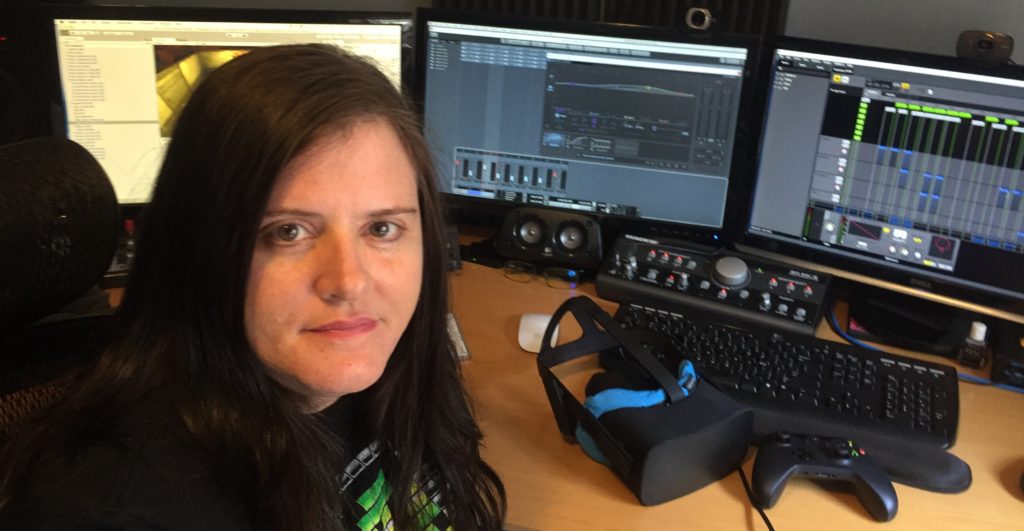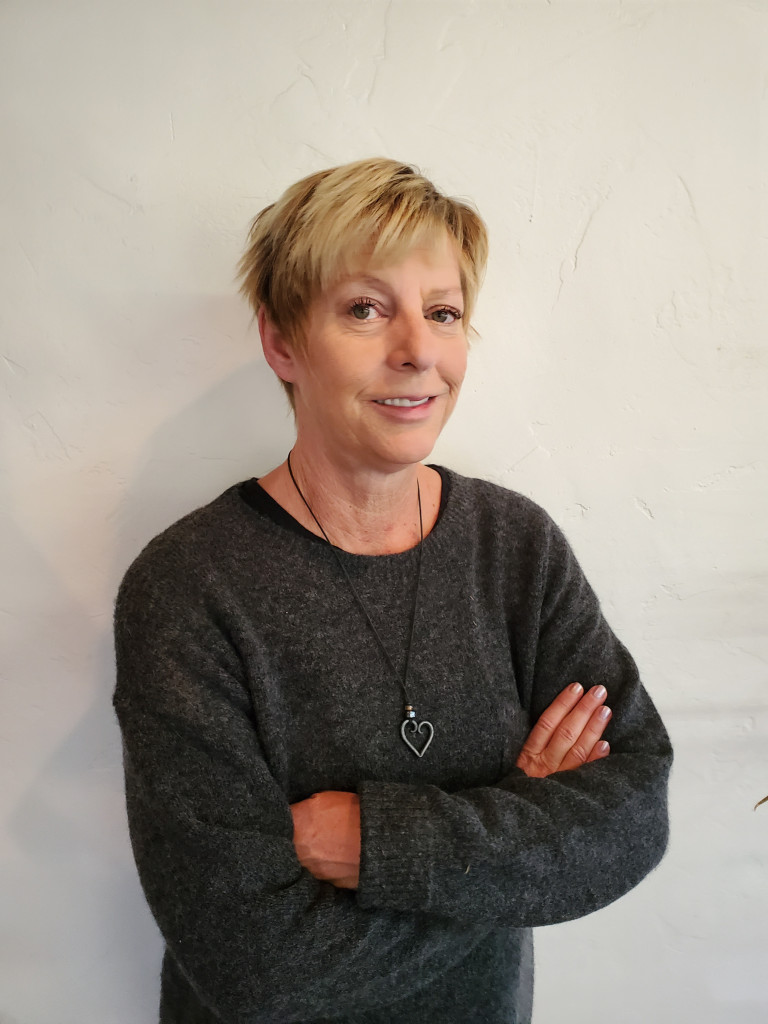Listen to the room you currently reside. What do you hear? Is it traffic, an airplane, or is it a nearby playground? Can you hear your co-workers or just the hum of the air conditioner unit? These are questions Rosa Lin faces every day as an Acoustician in her quest to reduce unwanted noise.
Nicole Kirch (NK): Name/Occupation:
Rosa Lin (RL): Rosa Lin, Acoustician
NK: What is an Acoustician?
RL: Acousticians are professionals with scientific and engineering training and experience specializing in the optimization of sound environments in buildings and in the larger environment. We understand how sound energies behave and how they interact with different materials, shapes, machine systems, and the physical environment. We design different types of spaces with various functions, which drives the acoustic requirements. Good acoustics for a space means they are healthier, more productive, more comfortable, or most enjoyable, at least in terms of the sound environment. Many times this looks like making spaces quieter, minimizing noise problems from various sources, or optimize the performance of a critical-listening space. Sometimes, acousticians have specialization in vibration control in addition to noise control.
NK: What does a typical day look like?:
RL: Typically, we provide acoustic design targets for building projects. We take all types of noise and acoustic measurements using scientific instrumentation and standardized test procedures to collect data, then we analyse various engineering questions at hand and provide solutions. We then provide practical, effective design solutions to the architecture/design/construction teams and convey them in a clear manner. We also review architectural and engineering documents, building design details, and construction site conditions to ensure that the acoustic design is implemented properly for the project.
Our working document types include analysis spreadsheets, reports and presentations, analysis software files, and architectural documents (3D models, 2D design and construction drawing sets).
These are example snippets of engineering questions we help solve in our everyday work.
- Help make performance spaces like music halls or gym assembly spaces, work and sound their best.
- Make meeting rooms work properly – to make sure participants have clear, intelligible discussions including over video or teleconferencing equipment, and to have privacy from adjacent rooms.
- Design recording studios and music practice rooms.
- Design classrooms that have good speech intelligibility for learning, understanding, and communication.
- Design building systems like piping and air flow/HVAC to make them quiet; and we design apartments that do not have footfall problems from above, even in wood or composite wood buildings
NK: How is noise involved in our daily environments?:
RL: Sound transmission between adjacent spaces, Sound quality within a space, Traffic/environmental/party noise ingress to residential recreation or workspaces, Equipment, building systems, industrial and machine noise impacting residential recreation and workspaces.
NK: What are some ways to control noise?:
RL: Control the source – noise limits by regulatory prescription, Improve the sound blocking properties of building structures, such as walls, floors, roofs, etc., depending on what kind of sound we are dealing with. Improve the sound-absorbing properties of building surfaces.
NK: How did you get interested in Acoustics?
RL: My master’s degree program studies focused on small housing and noise conditions. Through this, I came to realize there is a whole world of people dealing with sound and noise issues, specifically sound in buildings and the built environment.
NK: How did you get into the field of Architectural Acoustics?:
RL: I have an architecture and science/engineering background and was exploring possible alternatives for a career. My master’s degree program encouraged me to explore this field and provided many work and advancement opportunities that kept me on track.
NK: What advice do you have for those looking to get into Acoustics?:
RL: Perseverance – it might take a few years for you to gain a wide range of topical proficiencies required of an architectural acoustics consultant. There is a lot of variety of work in our field, so keep up your curiosity and fighting spirit to conquer new subjects and new problems and develop the flexibility to understand new subject matters. Develop your expertise and be sensitive to the needs of your team outside of acoustics – there are many other key players you need to work with: the architects, the project owners, the regulatory bodies (this includes government and non-government bodies), mechanical engineers, structural engineers, interior designers, and the construction teams.




